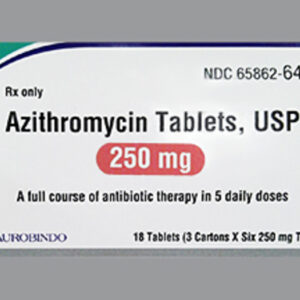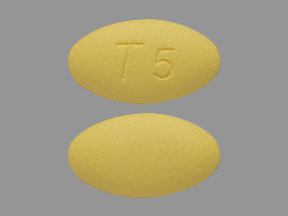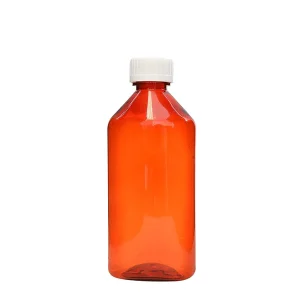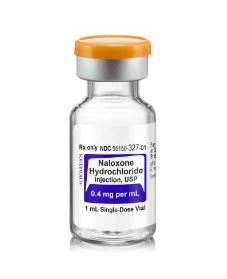Fast track, accelerated approval and priority review, breakthrough therapies and critical path number among the many ways the U.S. Food and Drug Administration offers to hasten the creation and access to drugs treating deadly illnesses.
The FDA, the federal agency that regulates food, medicines, cosmetics, medical devices and blood products, provides several means of connecting patients to drugs that address serious conditions. The methods enable chronically patients to take part in clinical trials for these drugs.
The agency has stated its policy of speeding up the entrance into the market drugs that are the first available treatment for serious illnesses or has advantages over current remedies.
The processes for fast track, accelerated approval and priority review as means of speeding up drug approval and market use of these medications are dsecribed on the FDA’s website at: http://www.fda.gov/ForConsumers/ByAudience/ForPatientAdvocates/SpeedingAccesstoImportantNewTherapies/ucm128291.htm
Additionally, through the Food and Drug Administration Safety and Innovation Act (FDASIA), sponsors may request their drugs be classified as a breakthrough therapy for treating particular deadly illnesses.
FDA has developed guidance on this method and it can be view at: http://www.fda.gov/RegulatoryInformation/Legislation/FederalFoodDrugsandCosmeticActFDCAct/SignificantAmendmenttotheFDCAct/FDASIA/ucm329491.htm
The FDA has also implemented the Critical Path Initiative to start and ease a national effort to improve the scientific process with which a human drug, biological product or medical device goes from serving as a discovery to an actual medical product.
The agency’s critical path program can be found at: http://www.fda.gov/ScienceResearch/SpecialTopics/CriticalPathInitiative/ucm076689.htm
The agency also permits access to investigational drugs for patients with critical illnesses who lack other options for treating their diseases and may benefit from these medications.
The FDA provides this access because patients are not always capable of taking part in clinical trials to gain access to these investigational drugs. Sometimes, patients are not qualified to participate or may be too geographically remote from the site.
The agency states a policy of not incurring a risk to lose important information about the efficacy of a drug. While a therapy is focused on the patient, a study plan or protocol may be prepared to ensure that the treatment is delivered properly and patients are studied to avoid poisoning.
The manufacturers of the drugs in question have to agree to supply the product for use in an investigational drug trial. The FDA does not mandate such products but only reviews and authorizes proposals to study them.
Patients and drugmakers can access information about the investigational drug programs by consulting the session titled “Questions and Answers about treatment of serious and life-threatening illnesses and use of investigational drugs” on the agency’s website at http://www.fda.gov/ForConsumers/ByAudience/ForPatientAdvocates/Speeding/AccesstoImportantNewTherapies/ucm177138.htm and at http://www.fda.gov/Drugs/DevelopmentApprovalProcess/HowDrugsareDevelopedandApproved/Approval Applications/InvestigationalNewDrugINDApplication/ucm172492.htm.
SOURCES: Food and Drug Administration,
http://www.fda.gov/ScienceResearch/SpecialTopics/CriticalPathInitiative/ucm076689.htm
http://www.fda.gov/ForConsumers/ByAudience/ForPatientAdvocates/Speeding/AccesstoImportantNewTherapies/ucm177138.htm and at http://www.fda.gov/Drugs/DevelopmentApprovalProcess/HowDrugsareDevelopedandApproved/Approval Applications/InvestigationalNewDrugINDApplication/ucm172492.htm.

 Our Pill Pass® Drug List is only $6.99 or less and Shipping is FREE!
Our Pill Pass® Drug List is only $6.99 or less and Shipping is FREE!







